Welcome to 2014

Welcome to 2014
Welcome readers, to another year. What does 2014 hold for you, your family and your community? What specific plans have you made for the year in terms of holidays, study, changing jobs or developing a new skill for the job your currently hold? Is this the year to start that activity that you have been talking about for some time? That book you always wanted to read, has it been purchased yet? If so have you made the book visible to remind you of your wish to explore the writing held in the pages?
I ask these questions of myself as much as to you. When I actually allow myself time to pause and consider there are many things that I have put on hold for a number of years. I say to friends “I will do that one day”. I might even set a plan I will do a certain activity by a specific date. The date comes and goes and somehow I have managed to fit something else into the space. The book sits beckoning, the golf clubs become a beautiful landscape for spiders to weave upon and the book that I want to write remains unwritten. Yet I have not given up on these plans, they remain planted in me and yes I will get there.
On a different topic yet somehow related I invite you to look at a new TED talk posted in December 2013. It is well worth a visit. The speaker is Andrew Solomon and he talks about depression – his experience of being depressed and also depression as a broader theme. He starts his presentation by saying “I felt a funeral in my brain” and I was intrigued. One word that he used several times during his presentation really resonated with me, VITALITY. As a mental health professional for over thirty years, I do not think I have been so awakened to the nexus between depression and vitality.
As I listened to Andrew, I considered the restrictive language that I have used as a health professional when talking about depression. It is as if the word itself or perhaps our interpretation of depression creates a void in using a more extensive, elaborate, and descriptive language. Then I wonder in what ways the language we use when interviewing individuals who have depression may actually assist in keeping a depressive theme going? What would be altered if we were to ask questions about vitality? I suspect we would witness different stories emerging from the folks we engage with. Give it a go next time you talk with someone. Be curious about vitality, what does it mean to and for you?
Wendy
Are you Crossing the Line?
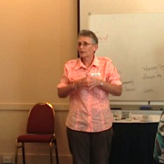
Crossing the Line?
I have just returned from Adelaide where Colleen and I ran a one-day workshop, “Crossing the Line”, on Professional Boundaries as part of the Nurses for Nurses Conference held there 14th & 15th March. Those who have been to one of our boundary workshops will know that this is an area of professional passion for me. I’m always delighted to meet with a group of participants and share what I have learned, and also to hear their professional stories of boundary intrigue and transgression.
As part of my introduction to the boundary workshops, I share with the group that the content could easily fill four or five days training. In fact, at a recent workshop one participant suggested a five day residential and I am warming up to that idea for 2014.
Generally by lunch time on day one, participants express to me,
I can see how this could be five days long, I did not previously appreciate the complexities of professional boundaries.
This gladdens my professional heart to see so early on in the workshop that participants are delighting in their understanding of the depth of knowledge required to maintain safe boundaries in the clinical arena.
In professional boundary work I have done with individuals and groups I have become increasingly aware of the relevance of boundaries in order to maintain one’s own well-being (and that of the client). With knowledge and skills gained through participation in our workshops and through robust and challenging discussions, action and role plays, individuals inform us later,
I can go to work now, set limits, enjoy the day, feel satisfaction with what I have done, and enjoy being with my family.
For some this awakening has moved them from a state of negativity about their work to enjoying the work they do. For others, its a relief to learn that its okay to say ‘no’, to set limits and that indeed, in terms of professional ethics, it can be a requirement of the professional role.
I believe that an integral missing link to boundary maintenance is having a good understanding about attachment theory. I believe attachment theory offers an insightful lens through which to understand, create and maintain boundaries. Just as clients may become attached to professionals, I believe that professionals can also become too attached to clients. This opens up both parties (and potentially their respective families) to ab area of professional investigation that many would never have envisaged. Attachment theory and boundaries are a realm that I will write more about in future blog posts, so stay tuned.
To me, boundaries encompass all that it is to be human and a professional. I like a quote by Schimelpfening (2007),
Boundaries are the emotional and physical space that we place between ourselves and others. Setting proper boundaries is important to our mental health. When appropriate boundaries are not set, we run the risk of becoming either too detached from or too dependent upon others.
As always, I welcome conversation and comments from you about my blog posts.
Wendy
Do You Inhabit The Third Space
The Third Space
I love encountering books that expand my understanding of my actions and specifically how I conduct myself in relationship to others. The Third Space, by Adam Fraser (Random House 2012), is such a book. For me, the main focus of the book was the importance of becoming thoughtful about transitioning. This is the Third Space of the title – the time we spend switching between first and second space (where I am currently, to where I want to be).
Each time I read another chapter in the book I observe an excitement in me about the possibilities that I can create for myself in my personal and professional life. Thus transitions that I make must be meaningful to me.
Read More
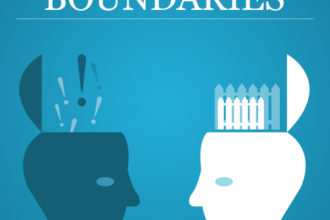
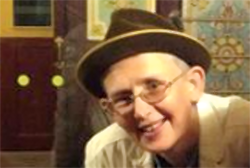

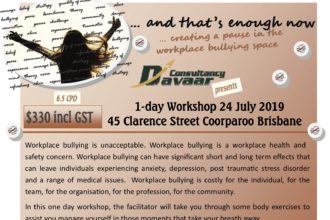
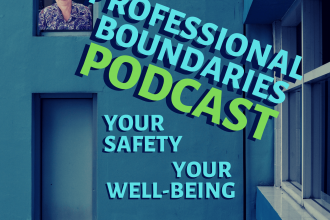

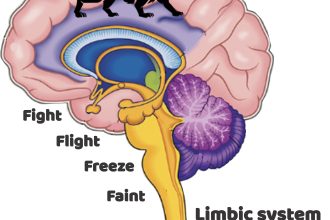







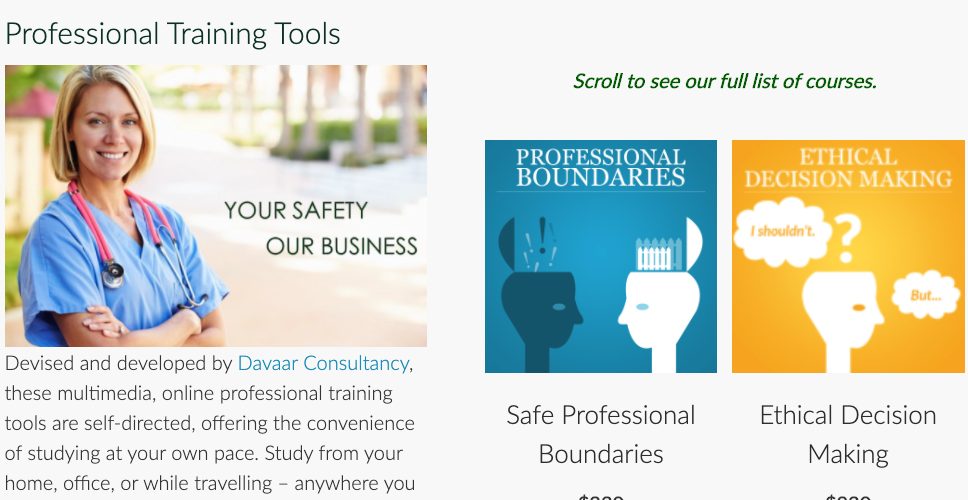
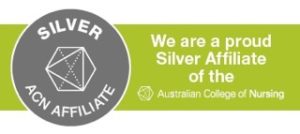
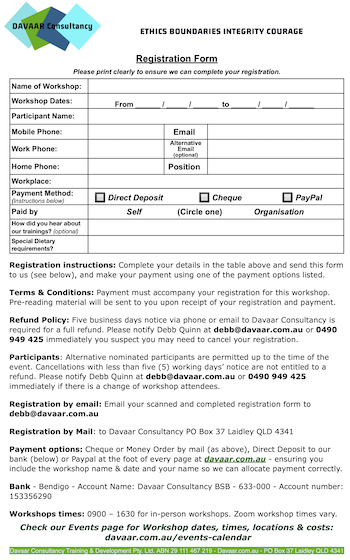 our registration form
our registration form